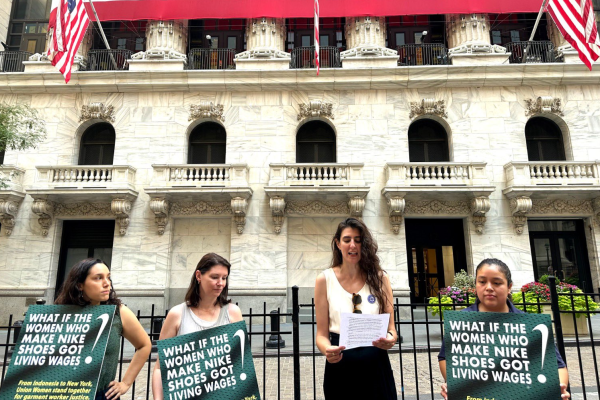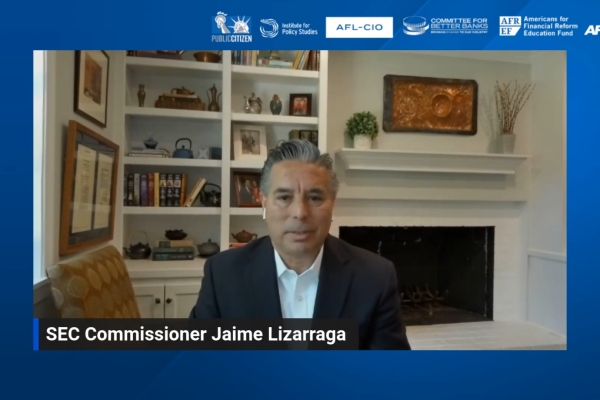Blog: Top 10 Reasons to Block the Capital One-Discover Merger
Today, Americans for Financial Reform and many allies will take our case directly to federal banking regulators and demand that they block the proposed Capital One-Discover merger. Federal regulators have rubber stamped thousands of bank mergers over the past few decades, consolidating the industry to create risky megabanks, reducing choices and raising prices for depositors and small businesses. The wave of mergers beginning in the mid-1990s contributed to the contagious fragility of the banking system during the 2008 financial crisis. Here are the top 10 reasons to block this merger:










